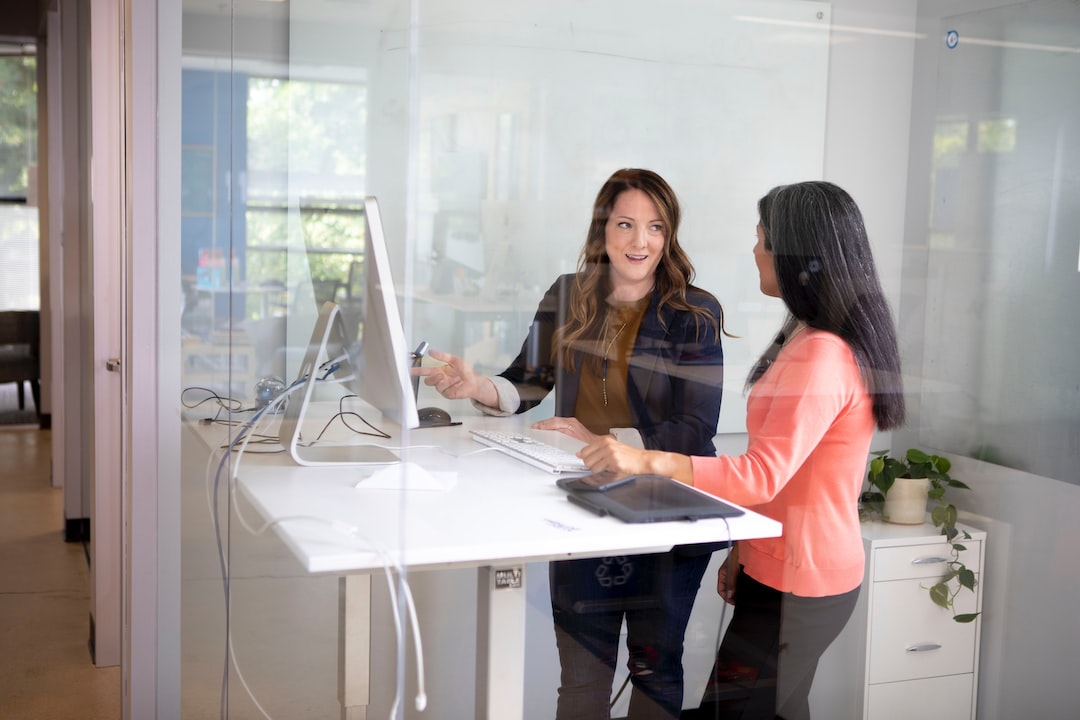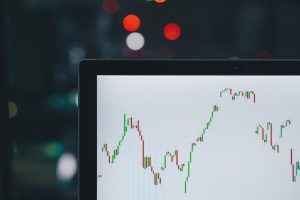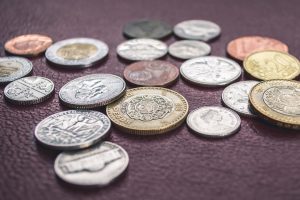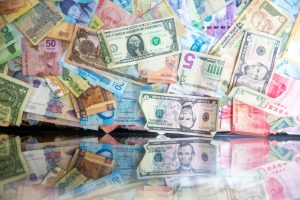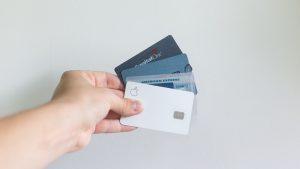Forex retailers, also known as retail traders or individual traders, are individuals who participate in the foreign exchange market for personal gain. Unlike institutional traders, who represent banks, hedge funds, and other financial institutions, retail traders trade with their own capital and do not have access to the same resources as institutional traders.
Retail traders can trade in the forex market through various platforms, including online brokers, which provide them with access to the market, tools, and resources they need to trade. Retail traders enter the forex market with the goal of profiting from the fluctuations of currency exchange rates. They use various strategies, including technical analysis, fundamental analysis, and sentiment analysis, to predict the direction of the market and make trades accordingly.
Retail traders come from all walks of life, and anyone with a computer and an internet connection can become a retail trader. Some traders have a background in finance or economics, while others come from different fields. Retail traders range from beginners who are just starting out in the market to experienced traders who have been trading for years.
Retail traders face several challenges when trading in the forex market. One of the biggest challenges is the high volatility of the market, which can lead to significant losses if traders are not careful. Additionally, retail traders often have limited resources compared to institutional traders, which can make it difficult to compete with them. Retail traders also face the challenge of finding a reputable broker and avoiding scams and frauds in the forex market.
To be successful as a retail trader, it is important to have a solid understanding of the forex market, including the factors that affect currency exchange rates, the different trading strategies, and the risks involved. Retail traders also need to have a disciplined approach to trading, including managing risk, setting realistic goals, and sticking to a trading plan.
Retail traders can also benefit from the resources and tools provided by their brokers, including educational materials, trading platforms, and analytical tools. Many brokers offer demo accounts, which allow traders to practice trading without risking real money. This can be a valuable tool for beginners who are learning the ropes of the forex market.
In conclusion, forex retailers are individual traders who participate in the foreign exchange market for personal gain. They trade with their own capital and use various strategies to predict the direction of the market and make trades accordingly. Retail traders face several challenges, including the high volatility of the market and limited resources compared to institutional traders. To be successful as a retail trader, it is important to have a solid understanding of the forex market, a disciplined approach to trading, and access to the resources and tools provided by brokers.

